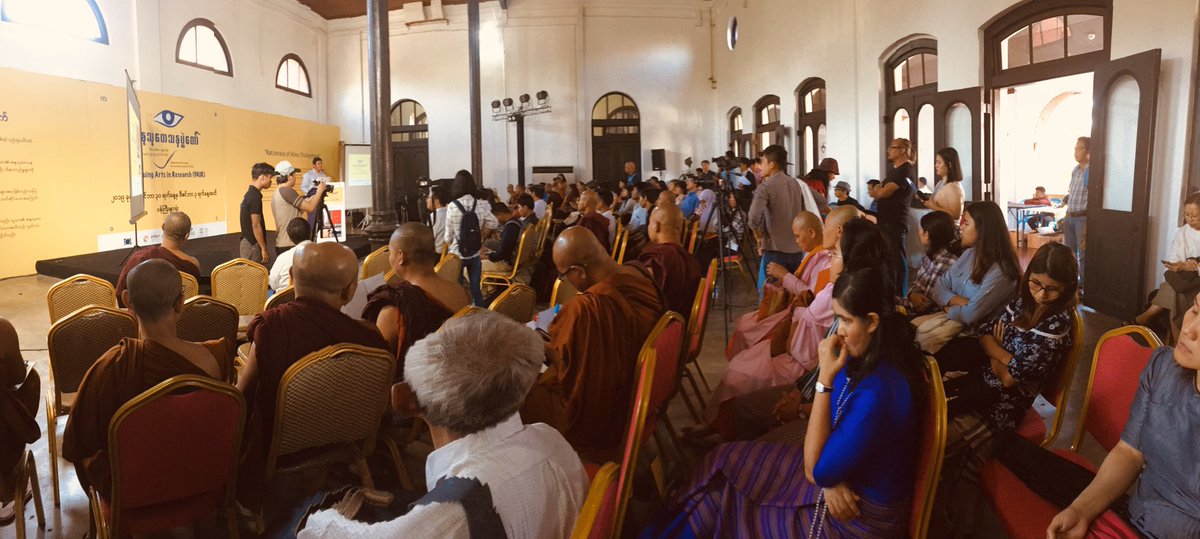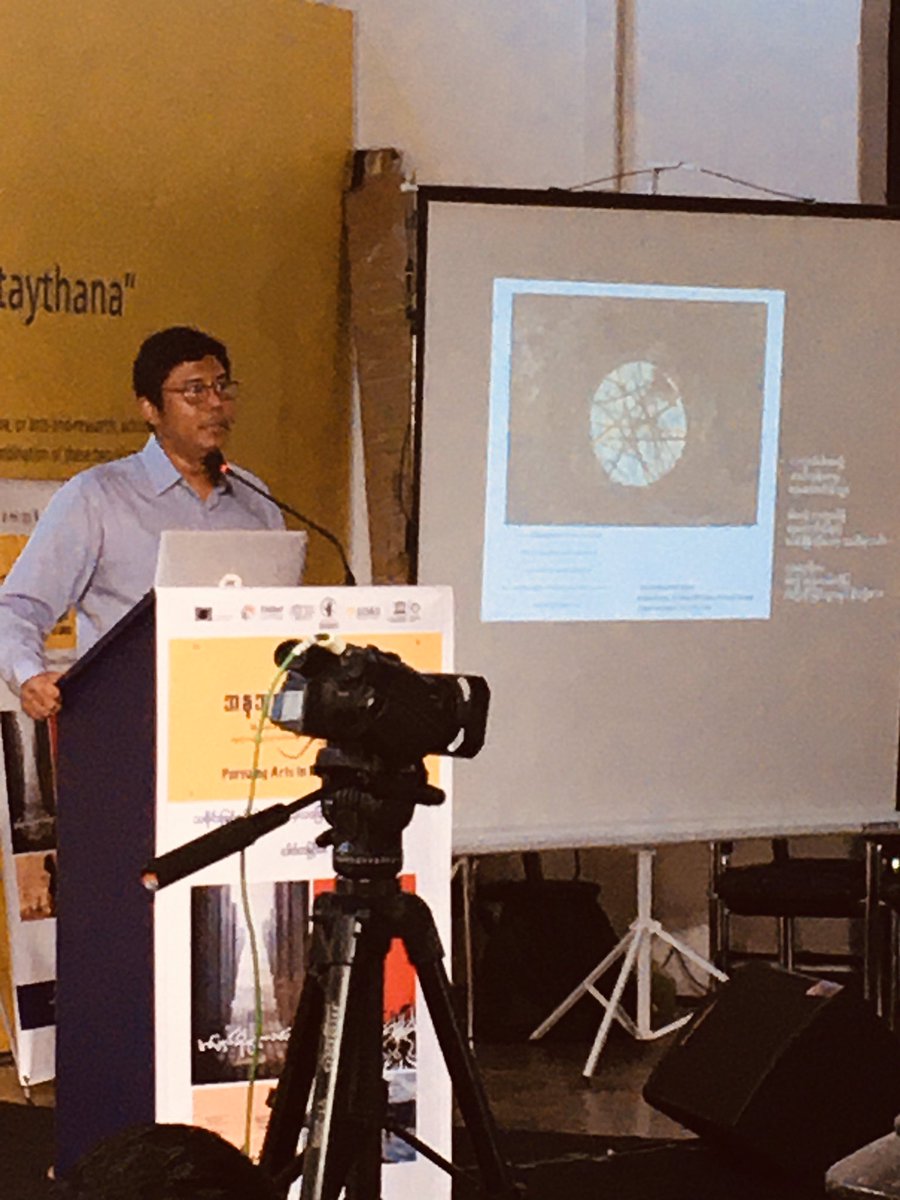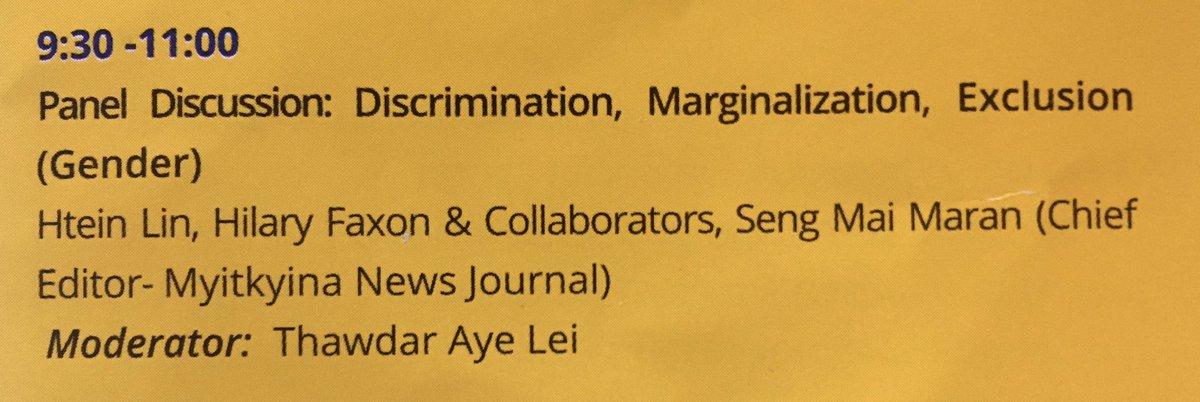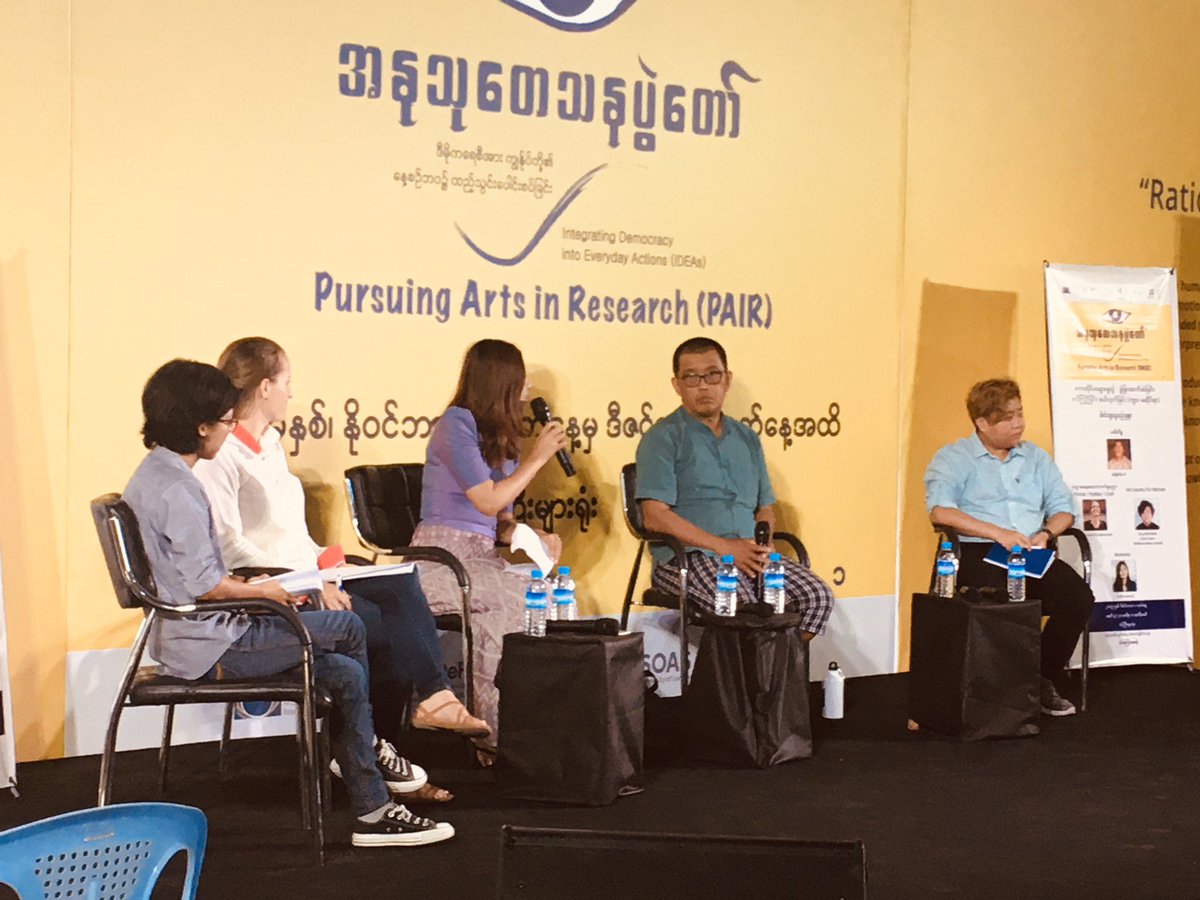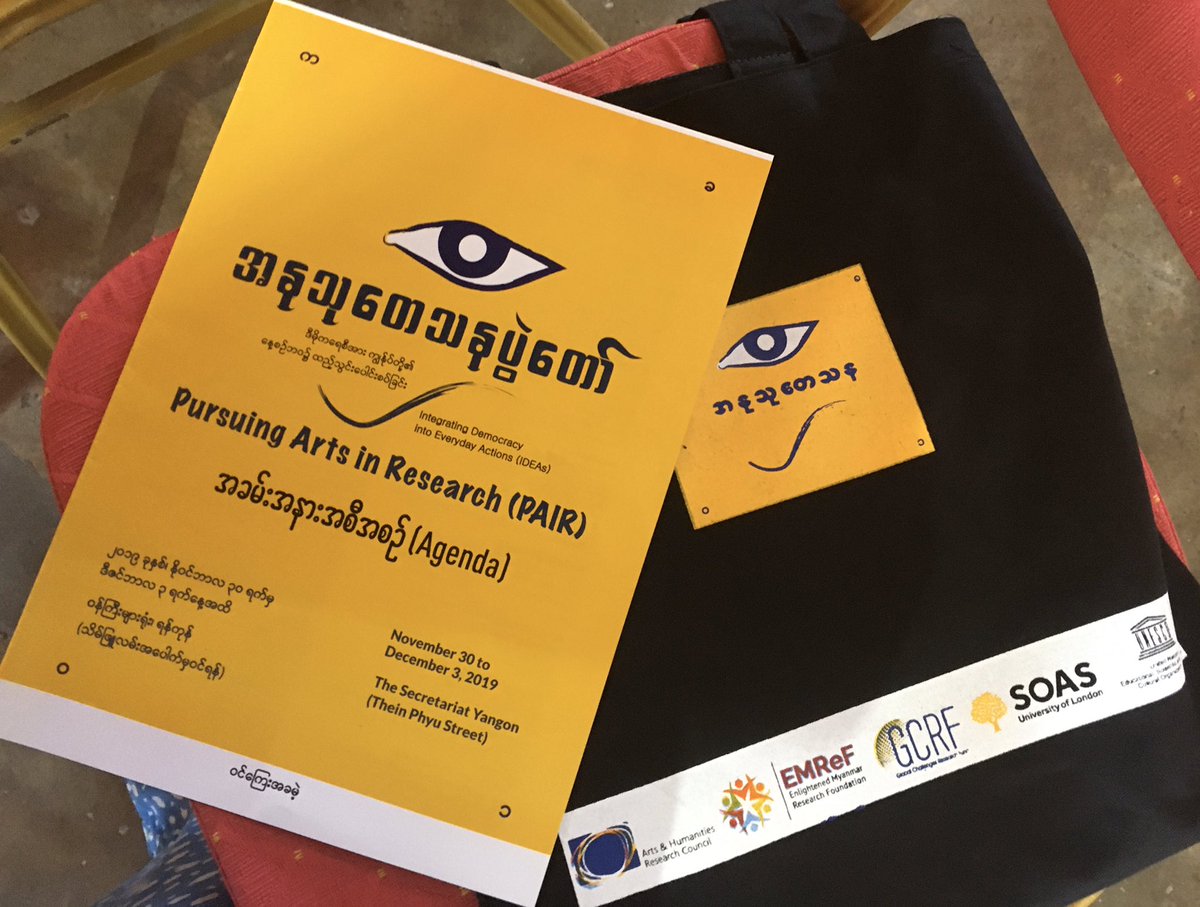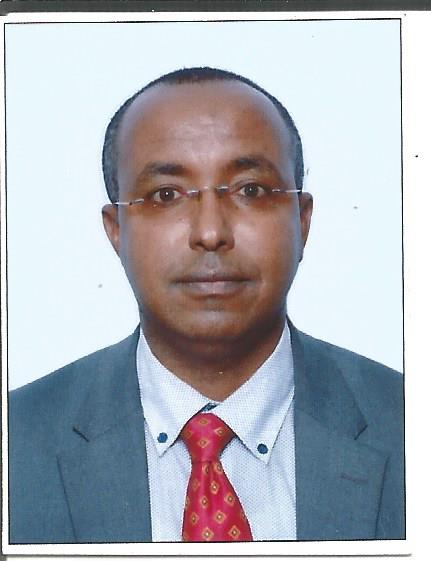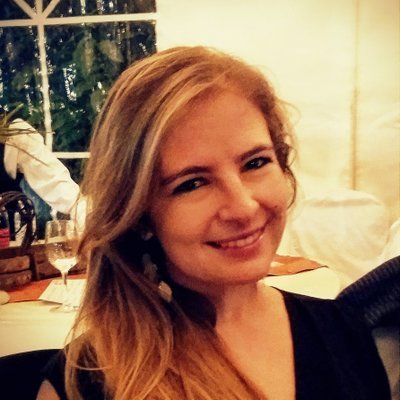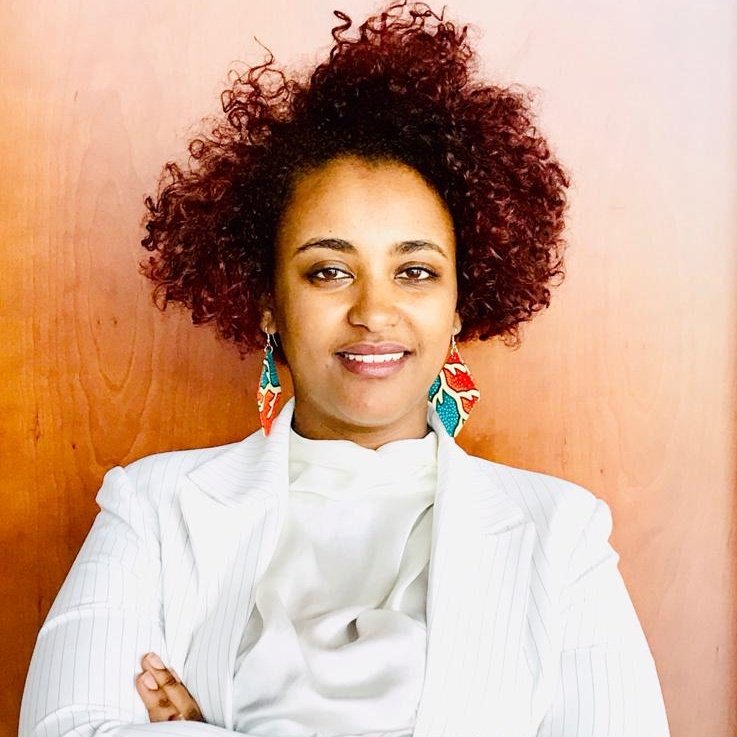Today our #P4P Grant project spotlight shifts to #Myanmar, and Dan Seng Lawn (@dansenglawn) & Maran Ja Htoi Pan's examination of political representation of the ethnic Kachin people in Kachin state. 

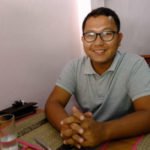

This is @dansenglawn's second #P4P Grant. His first was for a project analysing discourses of representation, instability and exclusion in newspapers in the post-Independence period in #Myanmar, with special reference to Kachin state; & included @britishlibrary archival research.
The new project brings into focus the unresolved and tense relationship between unionism, federalism, and minority rights in Myanmar.
Significantly, the team continues to apply arts and humanities approaches, this time drawing on Maran Ja Htoi Pan's anthropological training, and with support from Anthropology Today's editor Gustaaf Houtman and our very own @RAxelby in ethnographic research methods.
Maran Ja Htoi Pan is a postgraduate alumna of @LSEAnthropology, and a former Chevening Scholar. She has extensive experience in research, consultancy, and community engagement on issues of Kachin state identity, community, youth, policy, and development
@dansenglawn is Director of the Kachinland Research Centre and a political analyst with a Master's Degree from Jawaharlal Nehru University in India. He is an expert on Myanmar and Kachin State politics.
Read about their new #P4P Grant project here: parliaments4people.com/project/dansen…
pls unroll @threadreaderapp,thanks!
• • •
Missing some Tweet in this thread? You can try to
force a refresh


